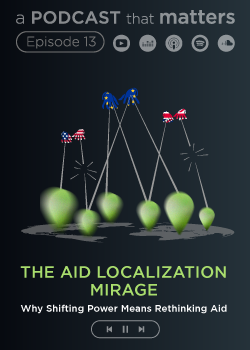Print

Research and INformation Sharing on freezing and confiscation orders in European Union: RINSE
Details
Locations:Belgium, France, Greece, Italy
Start Date:Dec 5, 2022
End Date:Jun 4, 2025
Sectors: Information & Communication Technology, Law, Training
Categories:Grants
Funding Agencies:
Date posted:Dec 19, 2022
Description
Programme(s): Justice Programme (JUST)-undefined
Topic(s): JUST-2021-JTRA
Type of action: JUST Project Grants
Project ID: 101046613
Objective:
In line with the priorities of the interlinked EU provisions - Regulation 2018/1805 and Directive 2014/42 -the 30 month project “RINSE- Research and Information Sharing on freezing and confiscation orders in European Union” , of 6 Partners across 4 EUMS, contributes to fostering the mutual recognition of the decisions of EU countries regarding the seizure and confiscation of assets, by enhancing knowledge, competences and skills of judiciary professionals and other key players involved in the MultiPhase Asset Recovery process. The project’s rationale builds on 3 main pillars: 1.Comparative analysis to identify training needs, weak spots and best practices with regard to national implementation of EU Regulation 2018/1805 and EU Directive 2014/42 in 4 countries 2.Training design and delivery targeting judicial and non-judicial professionals: 7 online modules; 12 national workshops; 1 international workshop; 7 Podcasts 3.Best practices sharing: multilingual materials, 4 Info Days, 4 online Linkekdin events, 1 final conference. Results/impacts: • increased knowledge and understanding of the 2 EU legislative provisions and their interconnections among judicial and non-judicial professionals. • greater understanding of national legislation in terms of the technical, legal and practical aspects of the multi-phase Asset Recovery process. • enhanced understanding of the social reuse of confiscated assets through recommendations and best practices sharing. • progressive mutual recognition of standards, requirements and practices, allowing for a swifter cooperation and harmonization of cross-border criminal cases. • creation of a broad community of practice at EU level in this field. • public administrators enabled to better manage and use the confiscated assets according to broad civic and social values • long-term benefits for the communities affected by criminal organizations due to strengthened capacity and cooperation of the institutional actors.

